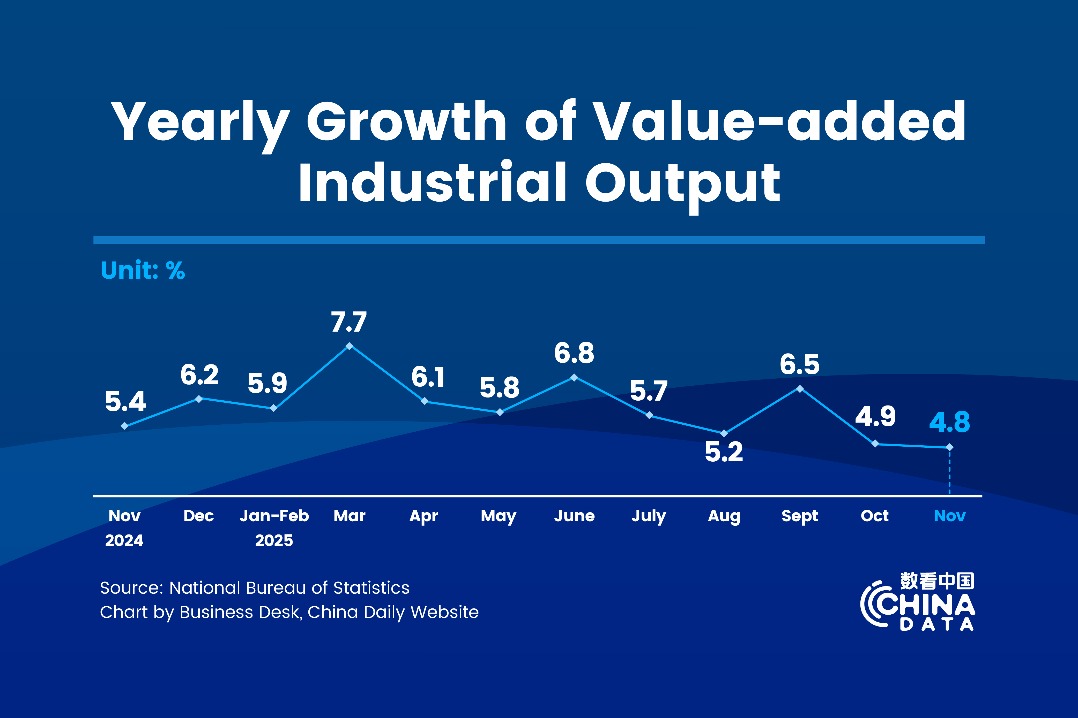Feared US delisting will sort the wheat from chaff


Media headlines like "US-listed Chinese companies face crisis" surfaced soon after Luckin Coffee Inc got embroiled in a financial reporting scandal in April that snowballed into a China-US dispute on corporate auditing practices.
What stoked the notion of "crisis "is the idea that US-listed Chinese companies would face the material risk of delisting if the two countries do not resolve their dispute. China's need to safeguard sovereignty of securities inspection and the US' professed need to protect its investors had to be reconciled.
A delisting and the induced process of going private could cost the companies concerned heavily. In addition, there was the risk that they may find no other listing venue after delisting in the US. The erosion of value of Luckin's stock after the scandal broke was a case in point.
But that's just one of many possible views. A completely different perspective is possible.
Despite the intensifying regulatory uncertainty, stocks of US-listed Chinese companies continued to keep pace with the whole market. So did the companies themselves, in terms of operational and financial performance. What's more, many new Chinese listings in the US clicked with local investors.
Now, the stellar market performance of quality tech firms that successfully made secondary listings in Hong Kong has boosted confidence of other firms seeking similar results.
The ongoing US-China dispute over corporate auditing practices may yet affect weaker or potentially fraudulent US-listed Chinese companies, but will by no means impede the development of quality Chinese names or impair their reputation among global investors.
High-quality corporate labels are what the world's leading stock exchanges chase. If bilateral political frictions lead to the ejection of quality Chinese firms from US bourses, stock exchanges elsewhere, including those in China, will likely welcome such companies for re-listing.
For the record, not just bourses in Shanghai, Shenzhen and Hong Kong, even SGX of Singapore is wooing quality Chinese firms listed in the US.
In a sense, if Chinese companies delist from the US bourses, stock exchanges in other countries will fancy their chances of emerging as the next hub of global finance.
Stated differently, wherever quality US-listed Chinese firms relocate to, their robust growth prospects will continue to attract global investment, which in turn will fuel their future prospects.
Since NYSE-listed Alibaba's secondary listing in Hong Kong in November, its share price has soared more than 50 percent from its issue price, to about HK$270($35) per share by mid-September.
"China continues to be a fertile ground for companies with rapidly scaling revenues and innovative business models, which supports the capital market performance of Chinese companies," said Stephanie Tang, China head of private equity with Hogan Lovells, a global law firm.
This fact will not change whether the firms are listed on the US, Hong Kong, Shanghai or other bourses, she said.
For US-listed Chinese companies with weak fundamentals or poor corporate performance, however, the going may get rougher.
They may suffer if the US does carry out its delisting threat as they may fail to meet listing standards of markets outside the US.
Such companies may blame the auditing dispute for any of their woes, but, at the end of the day, their weak fundamentals or poor performance will explain their exit from the capital market.
Yi Huiman, chairman of the China Securities Regulatory Commission, the country's top securities watchdog, said in a Caixin interview: "If a company operates by burning money, telling stories, and fueling speculation, but has no capability for continuity of operations and incurs long-term losses, it is not suitable to go public. This is a consensus among all regulators."
In short, the auditing dispute has unleashed a storm of regulatory uncertainty on US-listed Chinese firms. But companies with solid fundamentals and reporting integrity will sail through unscathed. They should prepare for the stern test in right earnest.




































